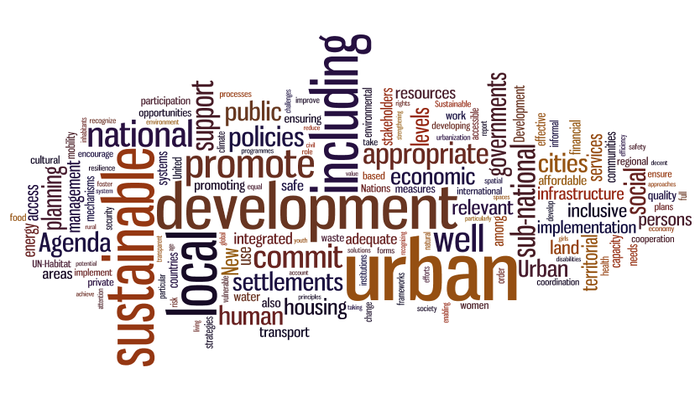
:max_bytes(150000):strip_icc()/GettyImages-1134458291-e00cd853cfb9404aa5aa97b80e6eec7c.jpg)
Here it presents a direct challenge to globalisation. Religion thus plays a social role by helping in social causes and successfully gets greater recognition. In third world nations, where the vulnerable sections find themselves more marginalised by the forces of globalisation, religion takes a prime welfare role and acts as a cultural protector for these sections. Religion has stood the complexities and onslaught of the modern world and is seen to be further intensified under the conditions of contemporary development.Īlthough some groups have made religion as a weapon to both integrate and terrorise masses, generally people have become more tolerant of other religious beliefs and practices and have come to associate all acts of terror as anti-religious. Religion provides a sense of belongingness to a group in the world.


By diminishing the barriers between different cultures, globalisation lands religion in a quagmire of conflicts which reinforce social identities as some do not accept the new realities and turn to religion to rediscover their own identity. The basic tenets of globalisation stand against religious parochialism. Globalisation stands for increased and daily contact while religions are becoming more self-conscious for themselves as being the world religions. It has shifted the cultural build up of the world and led to formation of a ‘global culture’- a common minimum which is accepted by all. Globalisation has generally been linked with economic and political interdependence which ultimately has brought people closer and effect of no event is isolated but is felt in far-off places too. Religion and globalisation have always shared a relation of struggle and conflict.


 0 kommentar(er)
0 kommentar(er)
